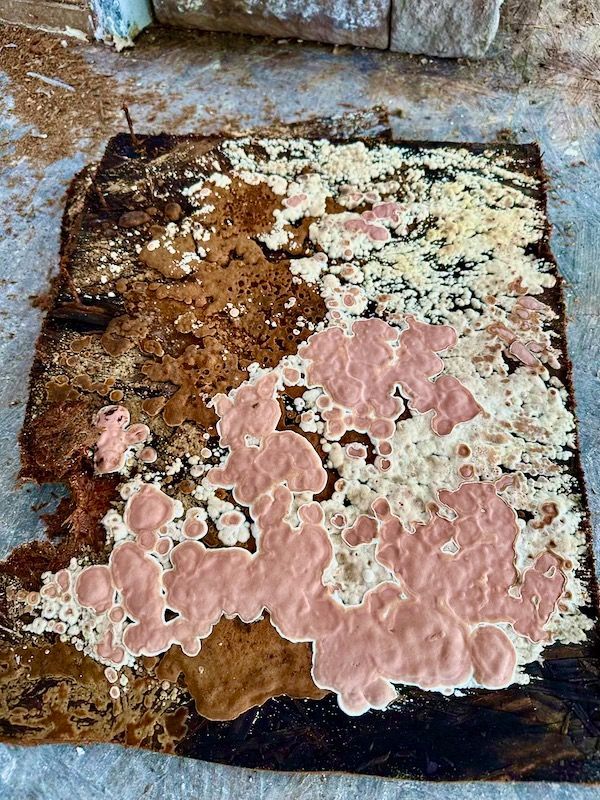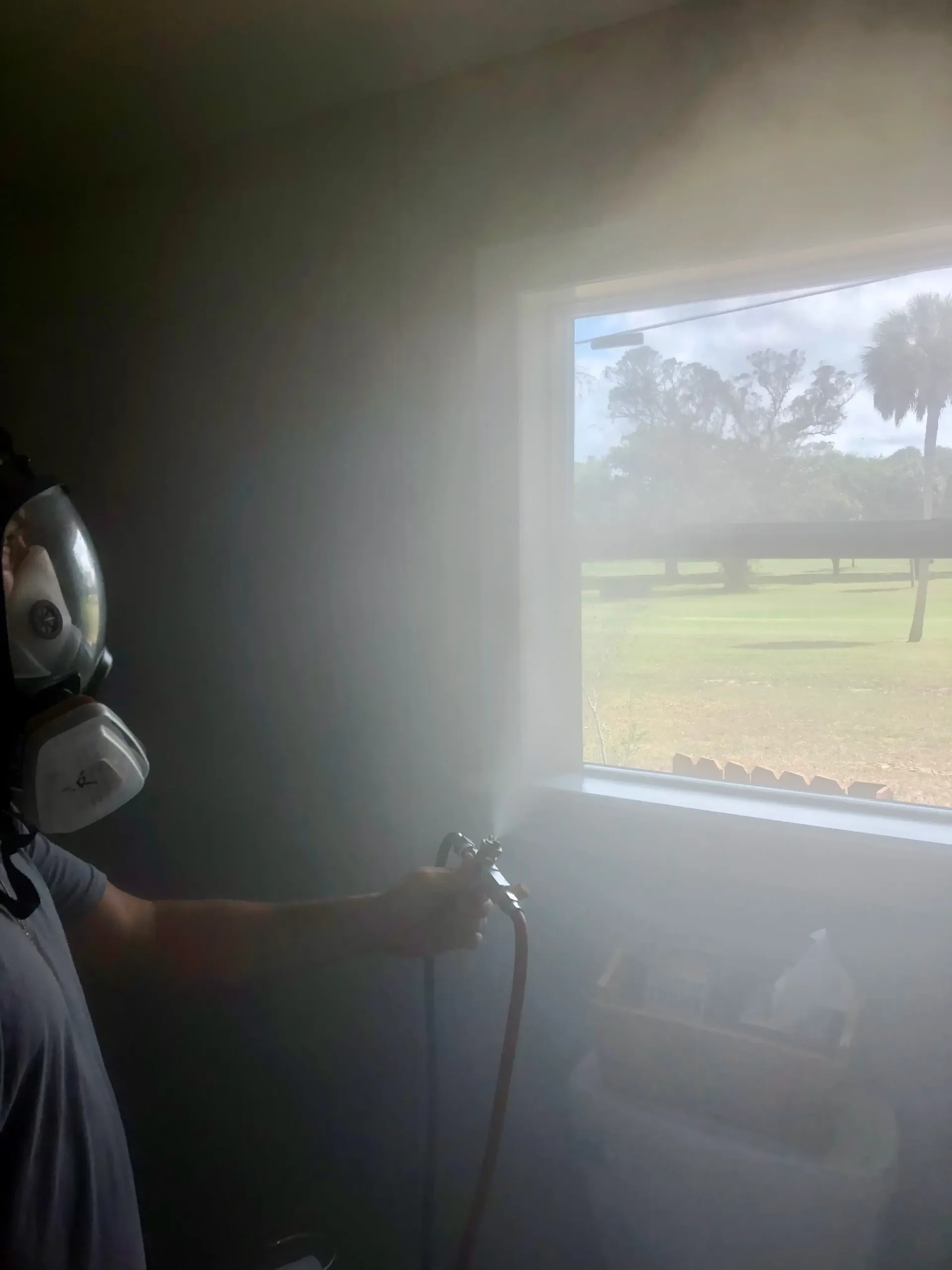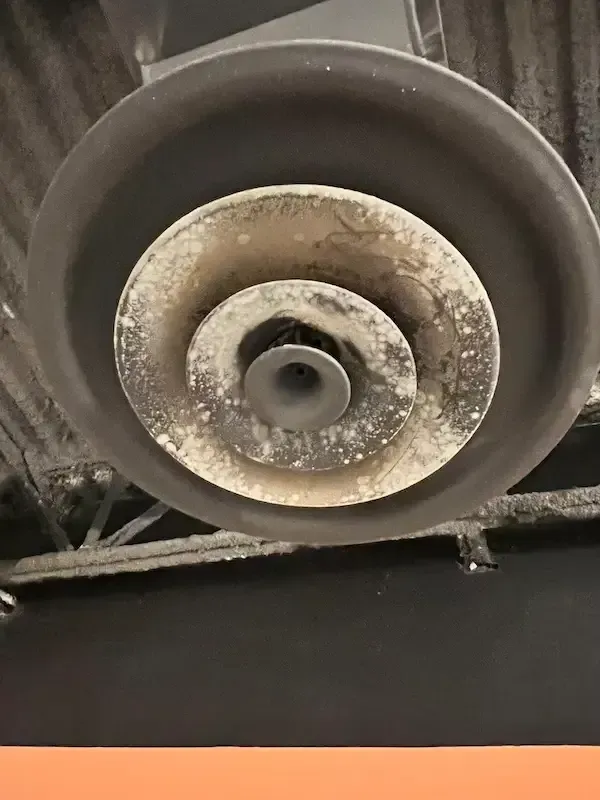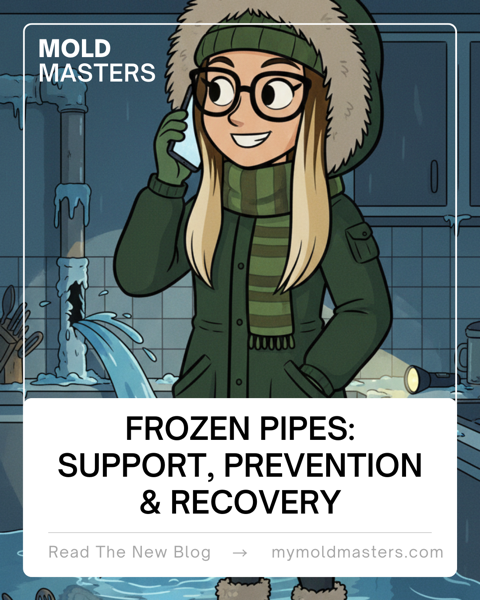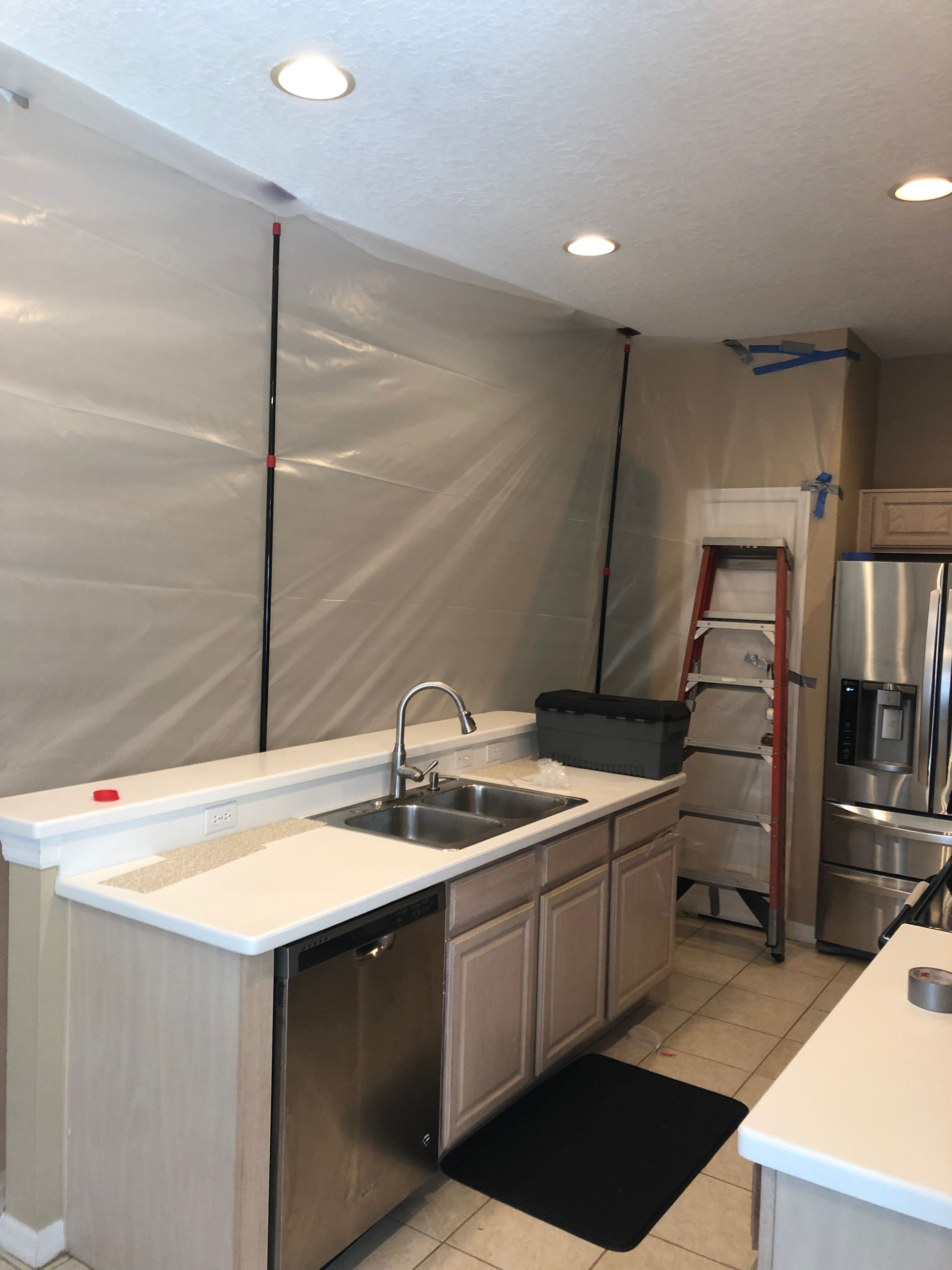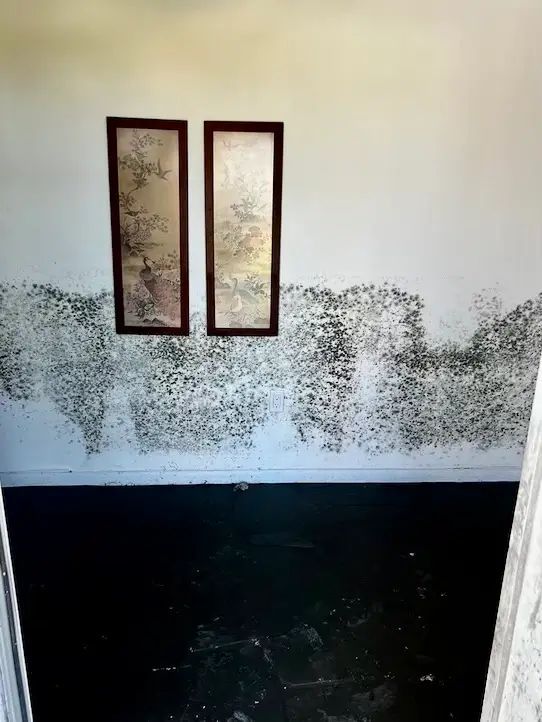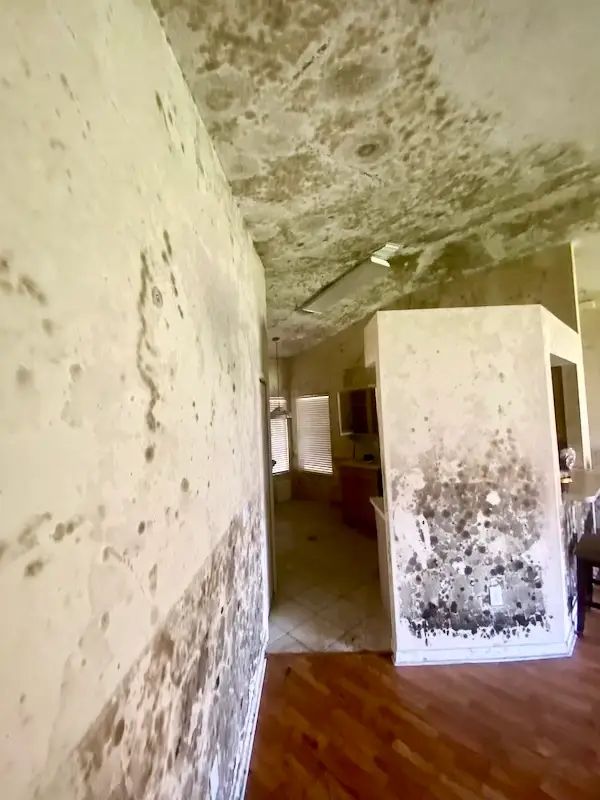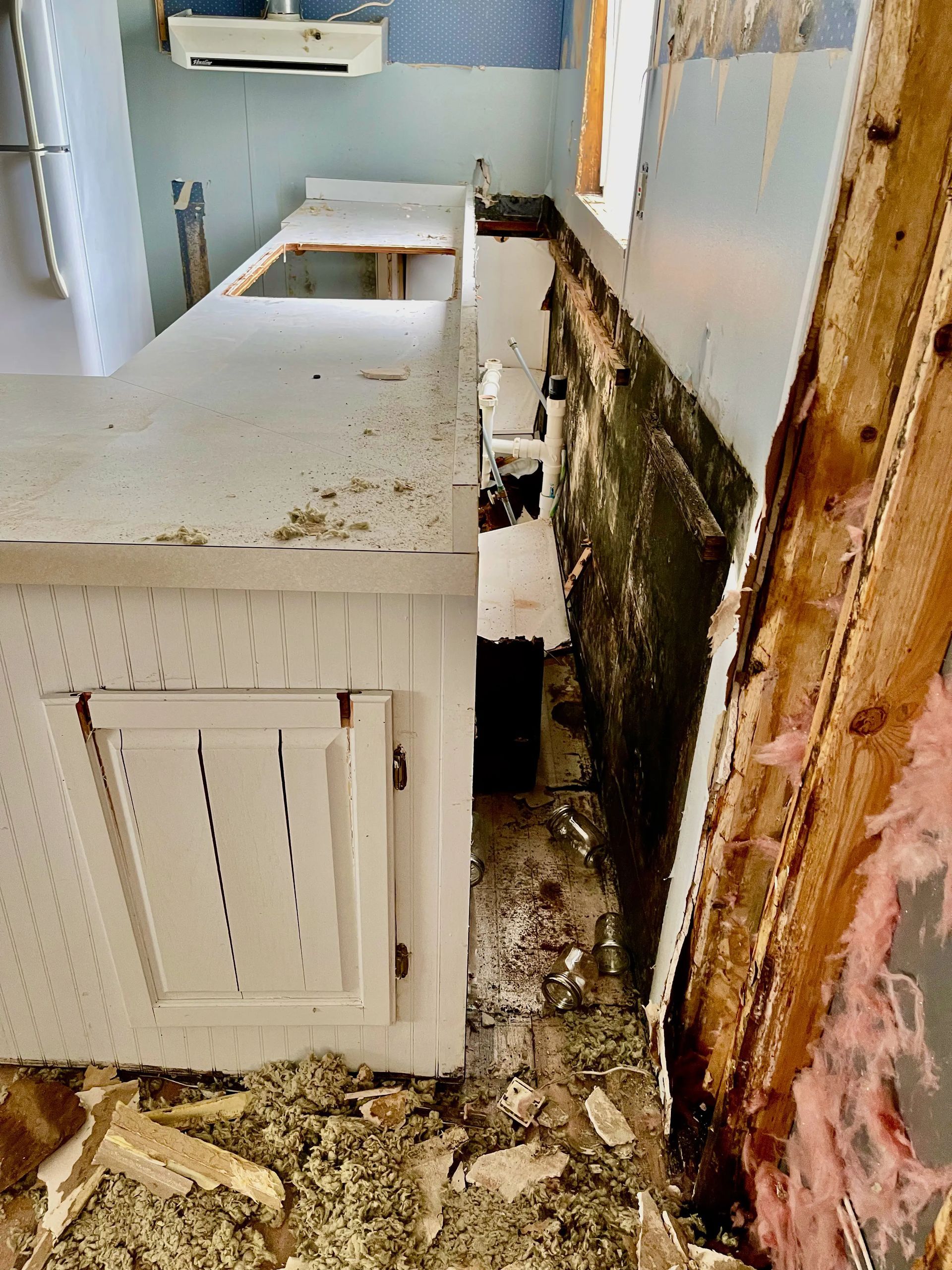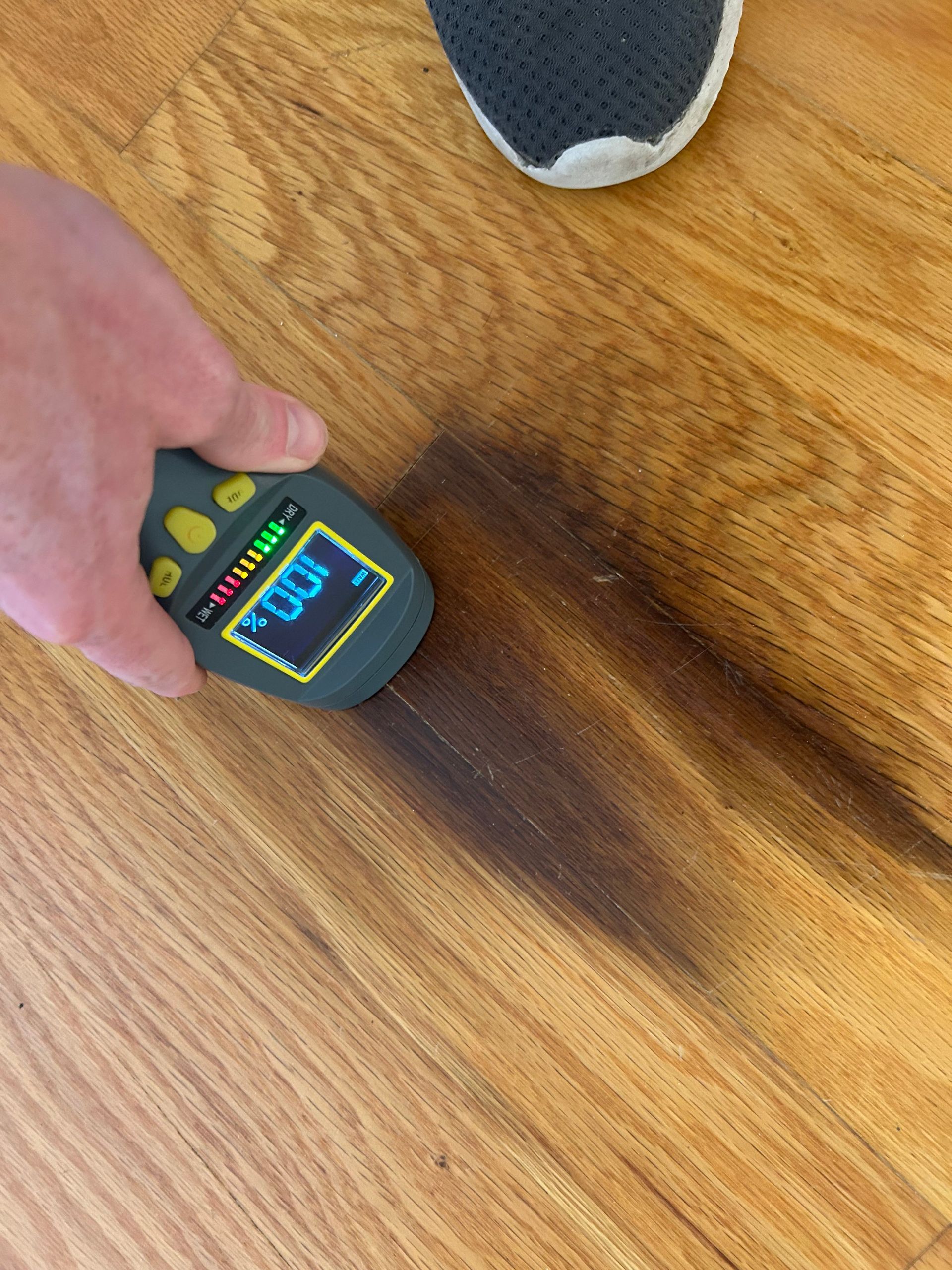How does it grow?
The mold will overtake and decompose the material where the spore settles. It accomplishes this by repeatedly growing cell chains, commonly known as
hyphae.
Hyphae are very small hairlike structures that grow together and outward to create a growth that is technically termed the
mycelium.
This process is ongoing and often the hyphae extend into walls, floors and generally areas that we do not see on a day-to-day basis. Indeed, if you see a small patch of mold, it is likely that the growth is much deeper.
What promotes mold growth?
Mold thrives and can grow rapidly on surface area or organic matter that is either in the early stages of decomposition or has gotten wet and not been able to properly dry.
Mold is all around us, as it reproduces by releasing tiny, microscopic spores into the atmosphere. It’s important to remember that if the conditions are favorable and continue to be so, mold will soon grow.
Some
factors affecting mold growth include, but aren’t limited to:
- Humidity. Mold requires sustained humidity to grow and to reproduce
- A surface that has become wet and has not been able to dry
- Significant and sustained rainfall or leaks within the home
- Warm temperatures
You might wonder,
how does temperature affect mold growth? Typically, mold cannot survive in temperatures lower than 39 degrees Fahrenheit. Temperatures higher than that will typically cause condensation, which creates a prime environment for the mold to continue to grow.
As any Floridian knows, heat and humidity are regular issues. Having a properly working HVAC system that maintains a consistent temperature and humidity level is crucial to avoiding mold issues.
What is black mold?
Many species of mold you will never notice and are not generally harmful to healthy individuals. As we know, mold is necessary for our ecosystem.
However, a common household mold is referred to as ‘black mold’, which encompasses several species. Specifically, the species
Stachybotrys chartarum has been known to cause respiratory symptoms. It can usually be found in washrooms, and walls.
Some common
black mold growth conditions are:
- The presence of porous materials like gypsum, paper, concrete, and fiberboard
- A dark, often unattended environment
- Consistent moisture
- The presence of mold spores. This is not difficult, as some spores can lay dormant for many years until the environment is right for them to grow
Get in touch with our mold remediation experts at Mold Masters today!
There is a known correlation between black mold and respiratory issues. Some symptoms include asthma onset, coughing, wheezing, nausea, dizziness, and headaches! If you suspect that you might have black mold — don’t wait.
Our Dunedin-based team at Mold Masters are well versed in dealing with mold issues caused by Florida’s notorious humidity. We offer a wide variety of
mold inspection and remediation solutions throughout Florida and look forward to working with you!
Call us at one of our offices (Central Florida:
813-606-6668, South Florida:
239-961-9995, North Florida:
904-397-4030. Alternatively, you can fill out our convenient online
contact form and one of our experts will be in touch with you shortly.

